October 5 is recognized by the United Nations as World Teacher’s Day. Held annually since 1994, this day was established to acknowledge the vital roles that teachers play in our society, and to celebrate their contributions and achievements around the world.
In 1867, The Salvation Army began to expand its ministry in education by offering basic schooling and reading rooms to vulnerable communities. Since then, The Salvation Army has established more than 3,000 schools worldwide, employing over 18,000 teachers who provide high-quality education to nearly 600,000 students.
Behind the Shield
Through the Brighter Futures Children’s Sponsorship Program, Canadians play an integral role in providing school essentials for vulnerable children around the globe, including tuition fees, textbooks, uniforms, notebooks, pencils, backpacks and more.
But behind every textbook, notebook and pencil, there’s a teacher devoted to showing a student how to read for the first time; a teacher nurturing a student’s imagination as they put pen to paper; a teacher holding a student’s hand as they encourage their dreams and the prospect of a brighter future.
Around the world, Salvation Army schools are blessed with passionate, knowledgeable and dedicated teaching faculty. From Southeast Asia to Africa, our teachers are instrumental in helping the children we support reach their God-given potential.
Watering Young Minds
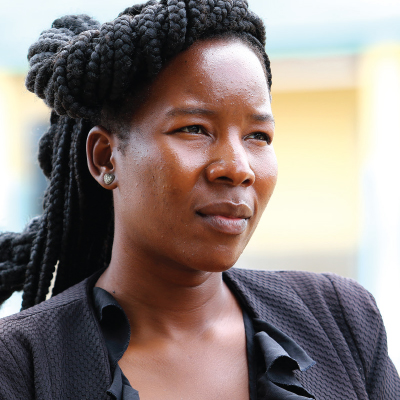
Secondary School in Chikankata, Zambia,
helps students in the classroom and beyond
In Chikankata, Zambia, Chipo Moompa, a physics teacher at Nansenga Secondary School, knows that education is more than just reading a textbook.
For a long time, the school lacked access to clean water, which caused students to drink salt water or miss class. With support from donors, The Salvation Army in Canada and Bermuda partnered with The Salvation Army in Switzerland to provide the school with a water tank.
“With the water, we grew a garden,” Moompa says. “When the crops are ready and ripe, we sell them to the locals and use the money to buy pens, paper, chalk and textbooks for the teachers and pupils.”
With access to water, Moompa provided students with more than just a glass of drinking water—she taught them the importance of sustainability, income generation and making the best with what you have. These lessons will carry them well beyond their days in the classroom.
Beyond the Classroom
In Tarime, Tanzania, Mwalimu Sendoro, former head teacher at The Salvation Army Matumaini School, the country’s largest boarding school for children with disabilities and albinism, proves that teachers aren’t just listening ears and helping hands inside the classroom.
While visiting a rehabilitation centre, he ran into James Augustino, a child left paralyzed from a farming accident. He reached out for a friendly conversation, and Augustino expressed interest in enrolling in the school. Sendoro accepted him on the spot.
“Our teachers insisted that if we have discipline and respect for the Lord, we would be successful,” Augustino says.
With Sendoro’s leadership and the support of his teachers and peers, Augustino moved on to become a government accountant. Today, he’s married with six children, who have each embarked on their own successful careers with his support.
Going Above and Beyond
In Arraiján, Panama, Lieutenant Irene Herrera helps operate an after-school program where she provides children and youth with tutoring, school materials, recreational activities, nutritious meals and more.
“Before the pandemic, 80 percent of the children were showing improvements in their social skills and self-esteem,” says Jillian Paredes, project officer in the Latin America North Territory.
Realizing that virtual learning can cause social isolation, Lieutenant Herrera made it a goal to maintain the progress, and to keep learning fun and interactive. She utilized a popular social media app, TikTok, to engage students with music and dance choreography, while also holding virtual meetings for devotions and Bible studies.
The team at Arraiján also delivered meals to the students’ homes, going above and beyond to help meet their social and physical needs.
Where Hope Begins
Students who have graduated from Salvation Army schools, daycares, afterschool programs and vocational training centres have gone on to become teachers, officers, accountants, business owners and trailblazers in their communities.
Hope begins in the classroom, and it is thanks to the tireless efforts of our teachers around the world that a student’s imagination grows into a handprint on the planet.
If you would like to support teachers in the hardest-to-reach communities, you can do so by keeping their classrooms stocked with school supplies, desks, chairs and equipment. To learn more, email SAID@salvationarmy.ca.
Kathy Nguyen is the resource/media co-ordinator in the international development department.
This story is from:




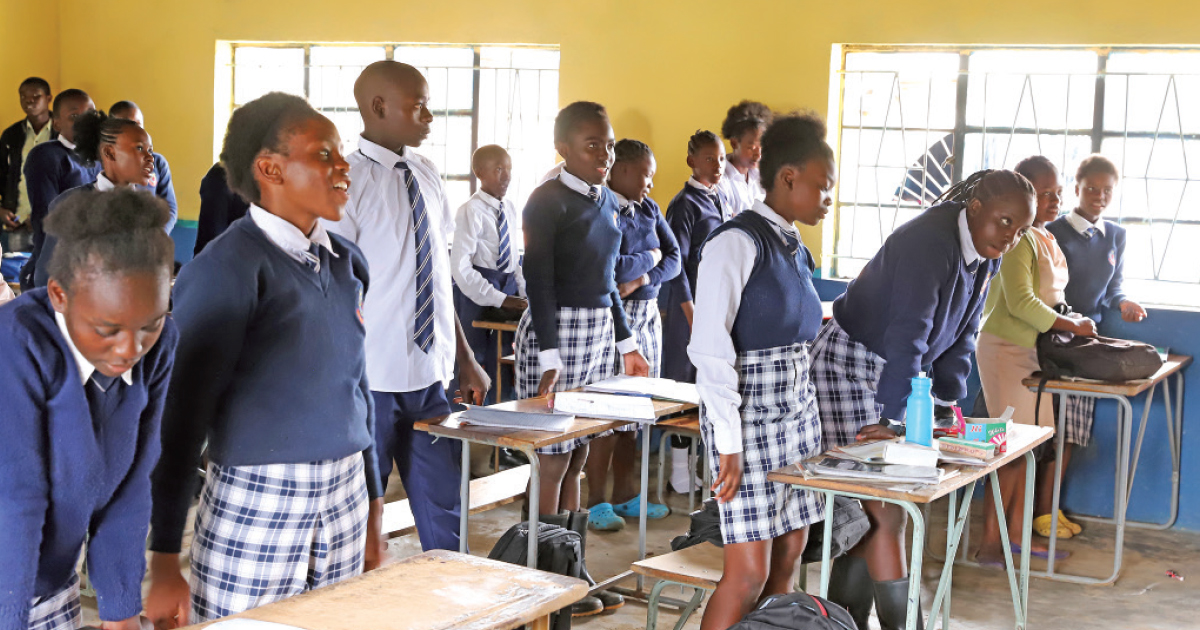
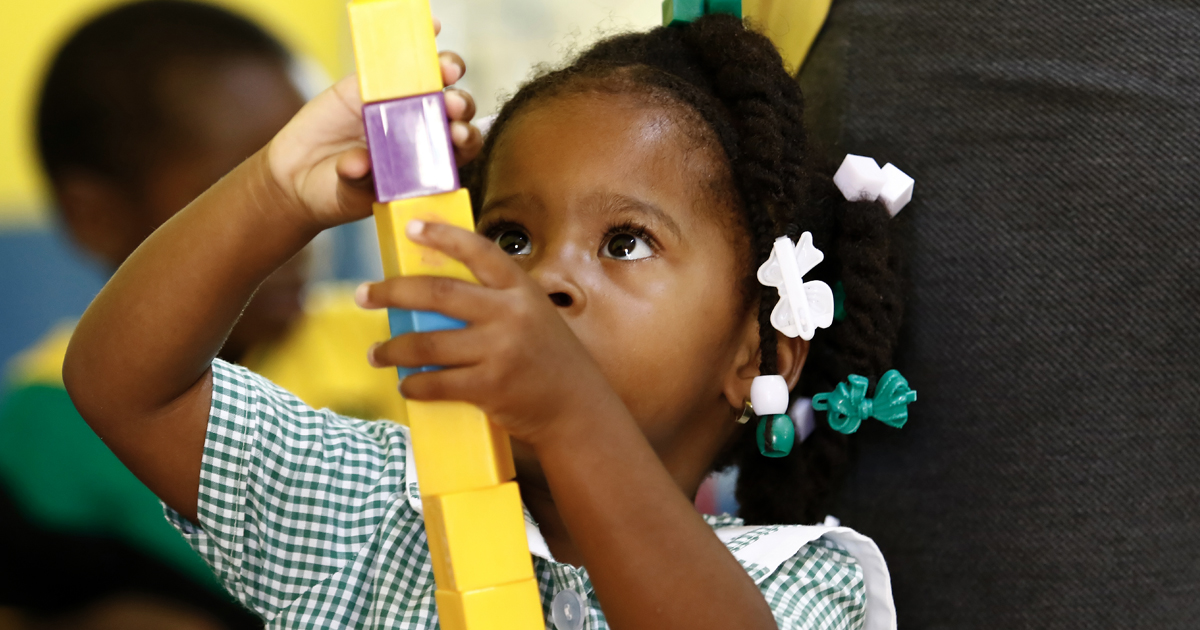
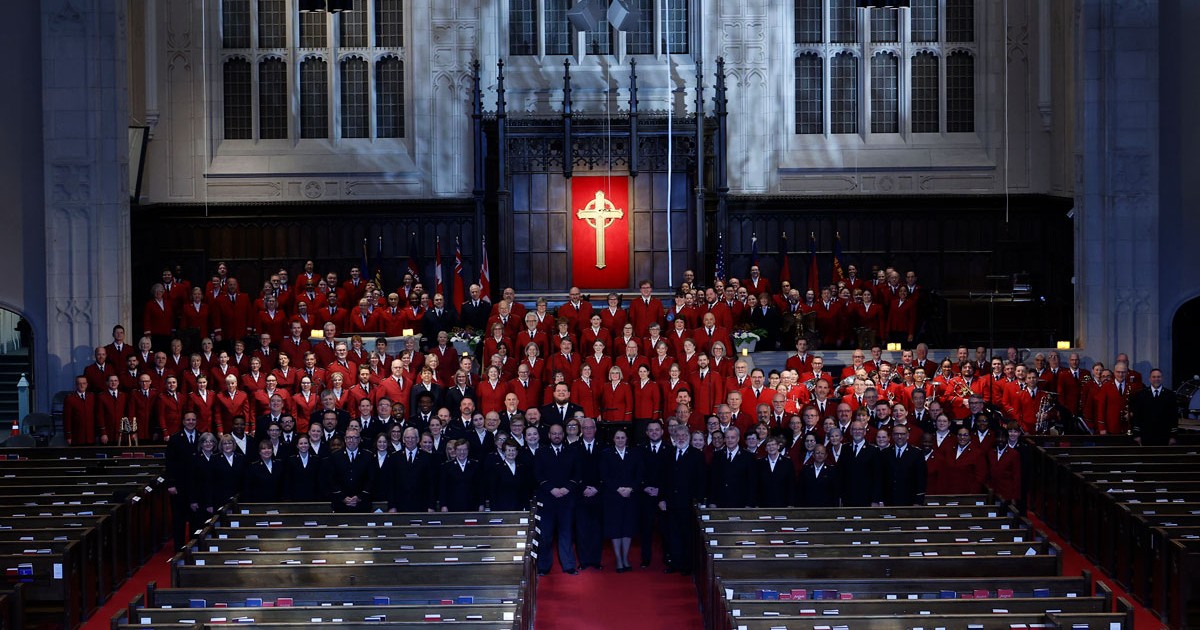
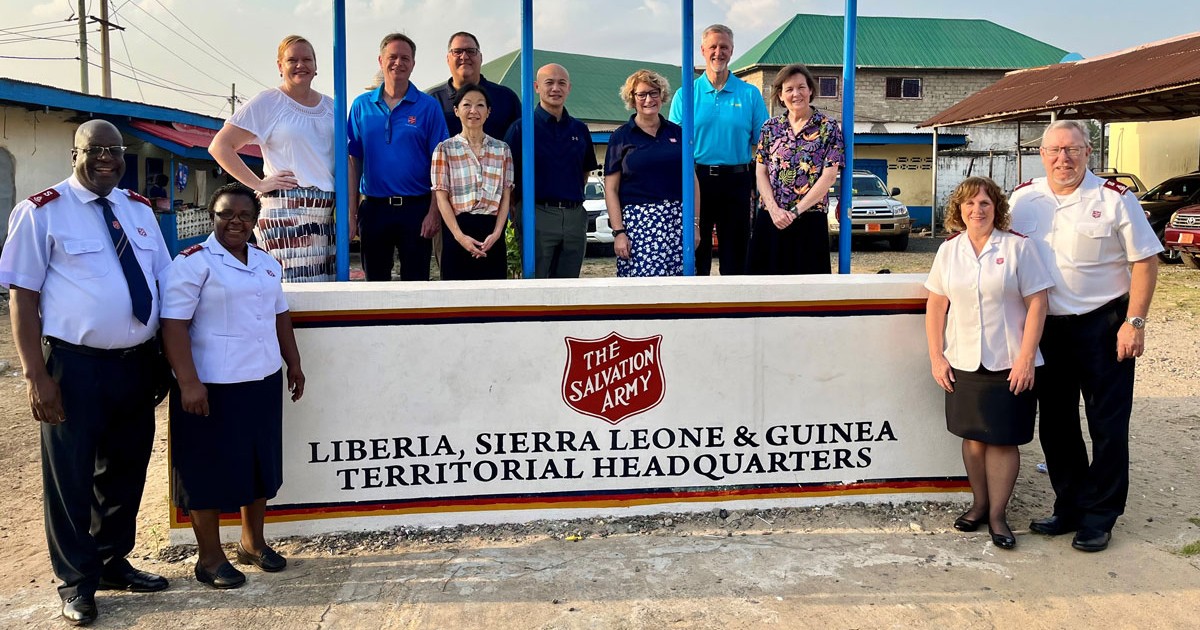


Leave a Comment